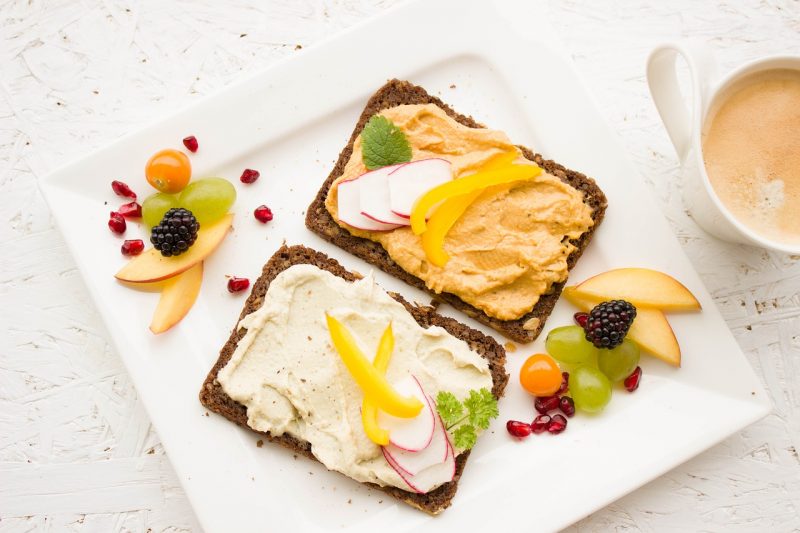The Best Diet for High Blood Pressure & High Cholesterol

The DASH diet can help to lower both high blood pressure and high cholesterol. DASH stands for Dietary Approaches to Stop Hypertension or high blood pressure. It can help you to lose weight as it is a healthier way of eating. Despite the fancy name, the DASH diet is just a common sense approach to food, with a healthier diet resulting in a healthier you. The diet consists of lots of fruit and vegetables and low-fat dairy products while restricting fats, dietary cholesterol and junk food such as sweets and chocolate.
It is recommended to limit the amount of salt you consume if you suffer from blood pressure or cholesterol problems. Salt causes a build-up of fluids within the body that puts extra pressure on your heart and causes the delicate vessels of the kidneys to work harder than usual. To limit the amount of salt you eat, you should choose low – or no – sodium foods and condiments, limit smoked or cured foods and avoid processed foods that often have a large amount of salt added.
Whole grains that can be found in brown rice, oatmeal, whole wheat pasta, cereal and bread and popcorn are good ways to get fibre into your diet. Fibre helps to keep you feeling fuller for longer while helping to reduce your cholesterol.
Vegetables are packed with vitamins, minerals and fibre while being low in calories and fat. This is a good recipe for controlling blood pressure and cholesterol levels. Recommendations are for four to five portions of vegetables per day, although if you are struggling with high blood pressure or cholesterol, you can try to increase this intake to as many as possible.
Fruit is packed with fibre and vitamins that are heart healthy. In addition, many also contain potassium and magnesium, both of which can help to lower blood pressure. In addition to vegetables, aim to have a minimum of four portions of fruit per day.
Low-fat dairy products such as skimmed milk and fat-free yoghurt are good sources of calcium and protein, both of which contribute to lowering blood pressure. Two to three portions of dairy per day are recommended for good health.
Lean meats and fish are a good source of magnesium and protein. Cutting the visible fat off all meat, and avoiding processed options such as bacon and ham will help to lower blood pressure and cholesterol. Although eggs are packed with protein, their yolk is high in dietary cholesterol. Limit egg yolks to no more than four per week.
Legumes, nuts and seeds are packed with blood pressure and cholesterol-lowering ingredients. Protein, magnesium and fibre as well as omega-3 fatty acids, known as the heart happy fatty acid, all help to lower your risk of heart disease through lowering blood pressure and cholesterol.
While dietary changes can help to both prevent and lower high blood pressure and cholesterol, it is important to remember that it should be used as part of a healthy lifestyle. In addition to this, regular health checks with your doctor are vital. Your doctor may prescribe you medication if you have high blood pressure or high cholesterol, and it is important that you do not stop taking these medicines unless advised to by your GP. Regular checks including blood tests can help you to track the changes in your blood pressure and cholesterol when starting a new diet.